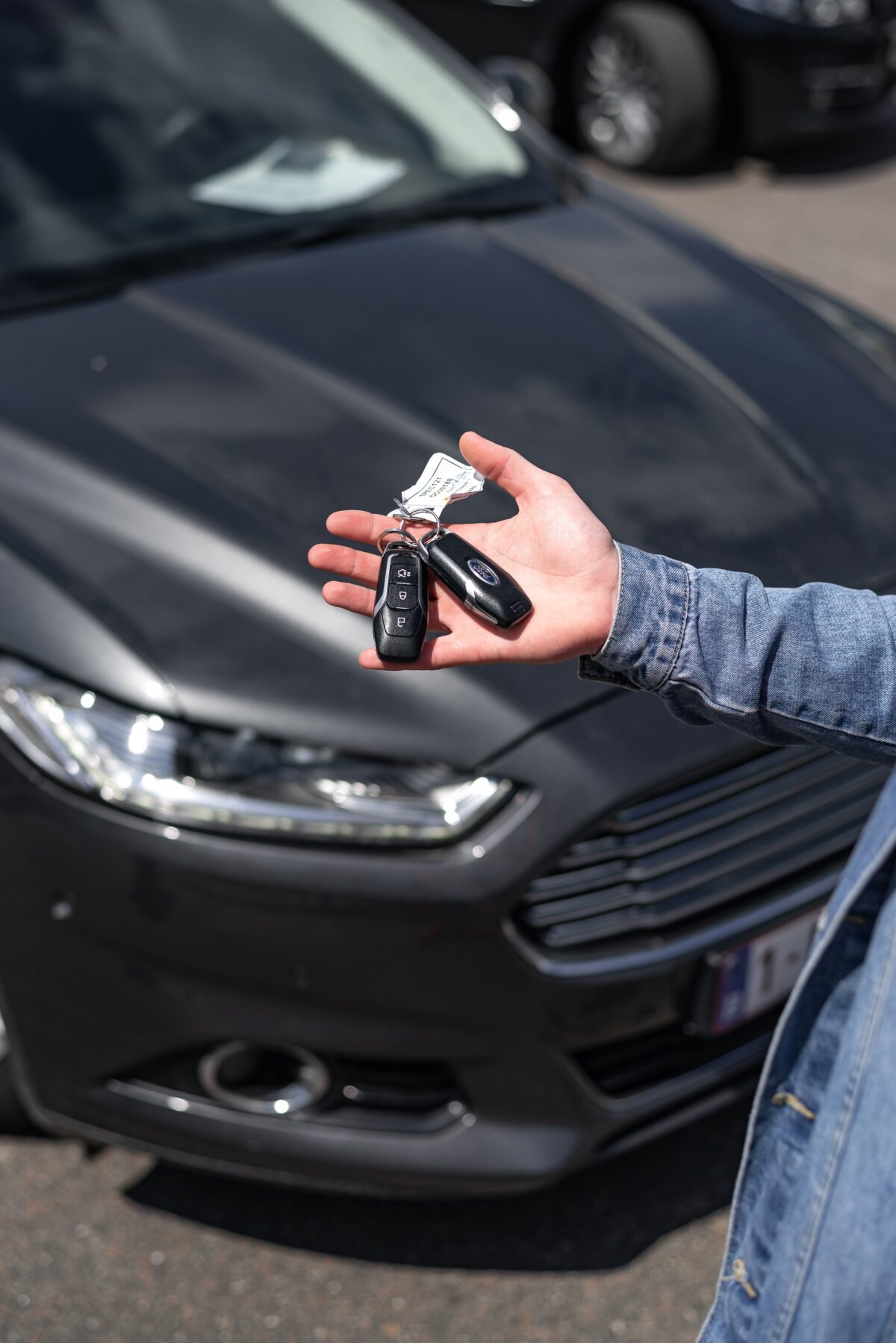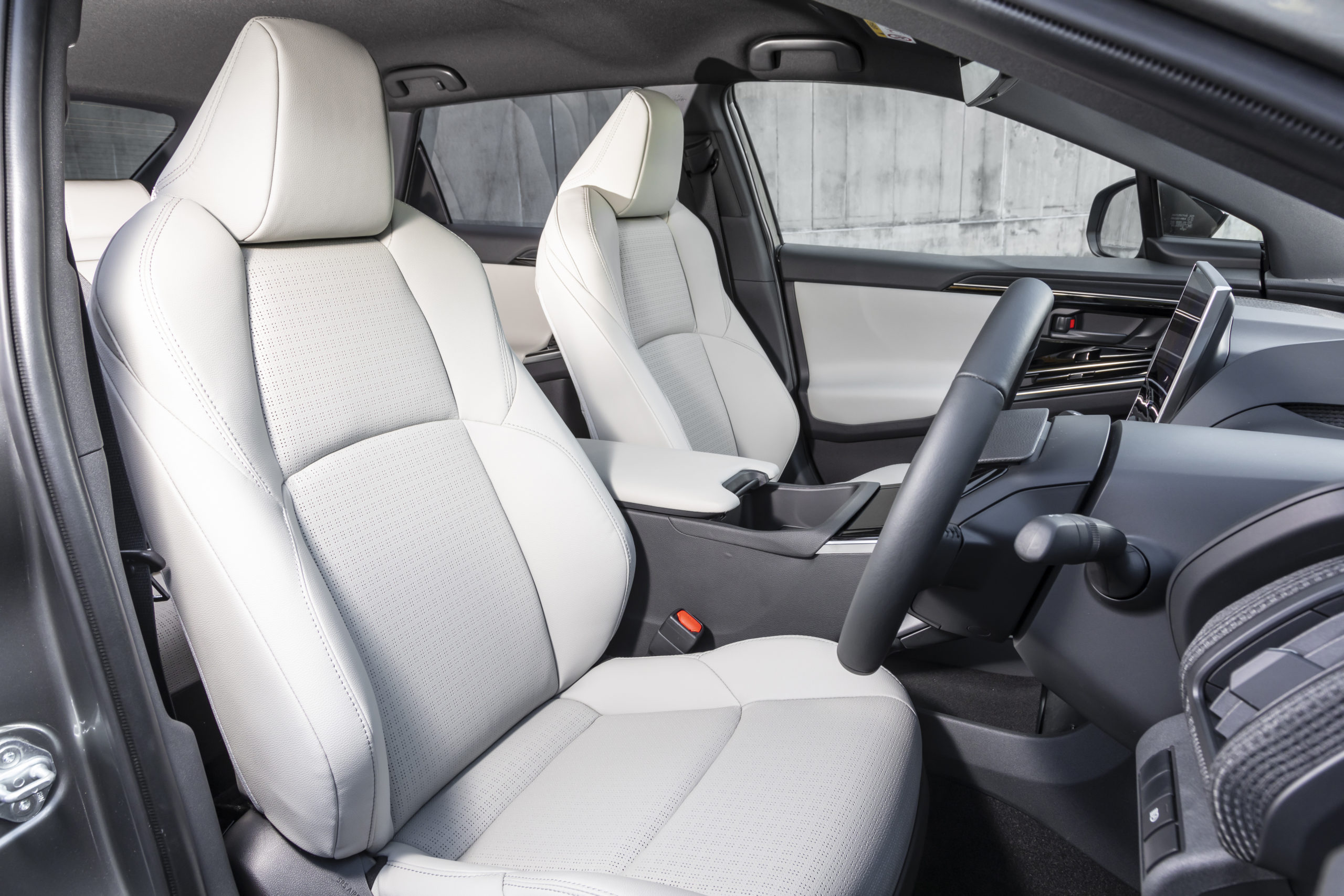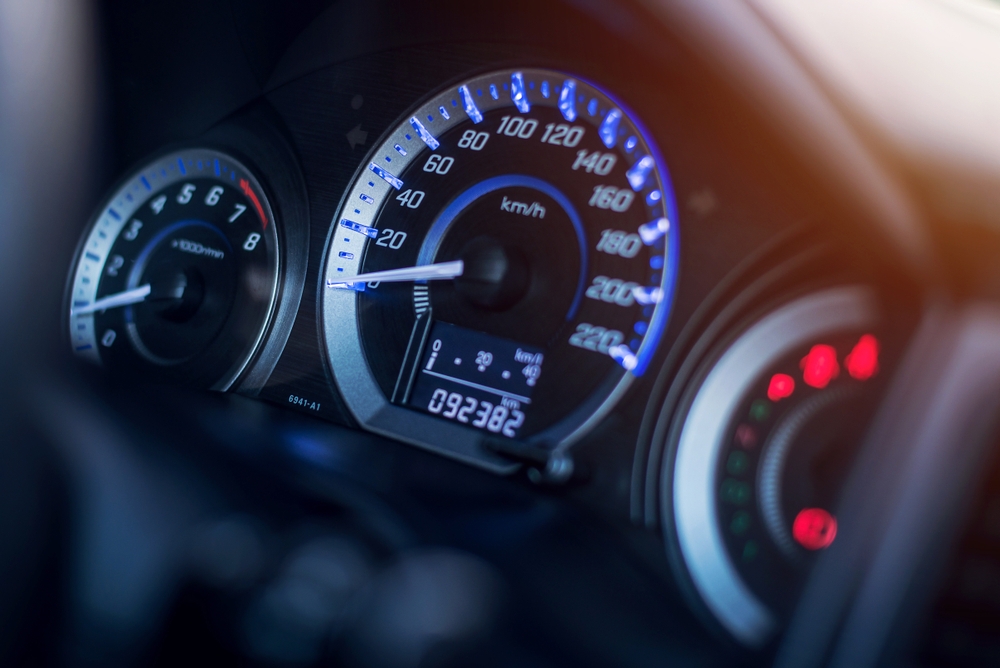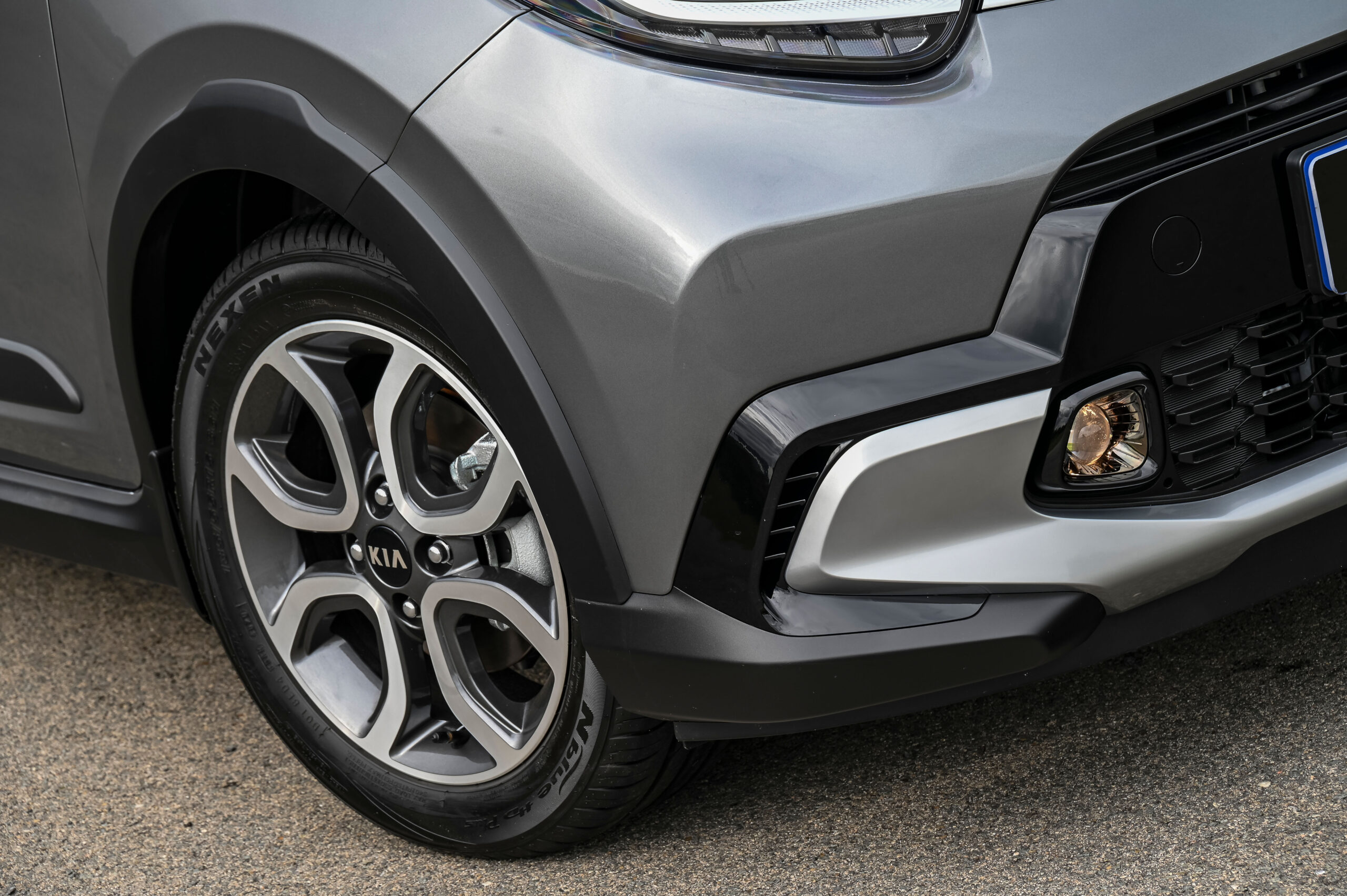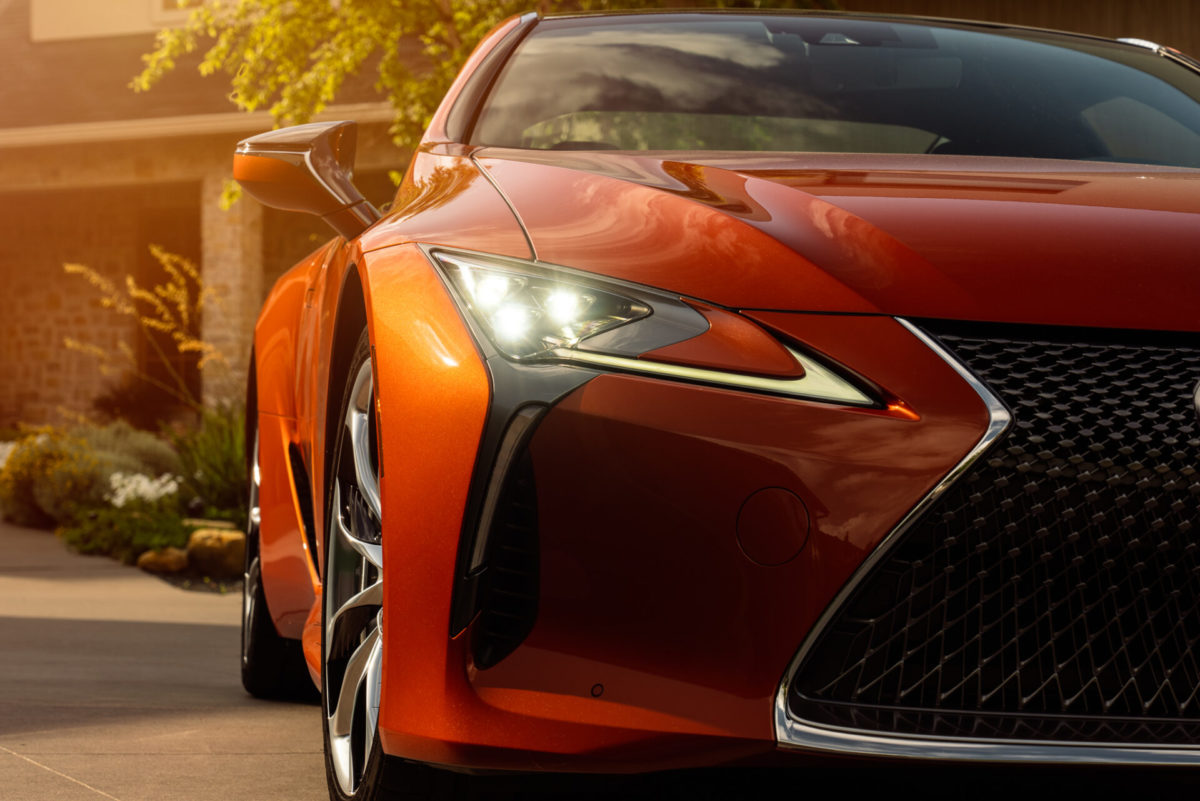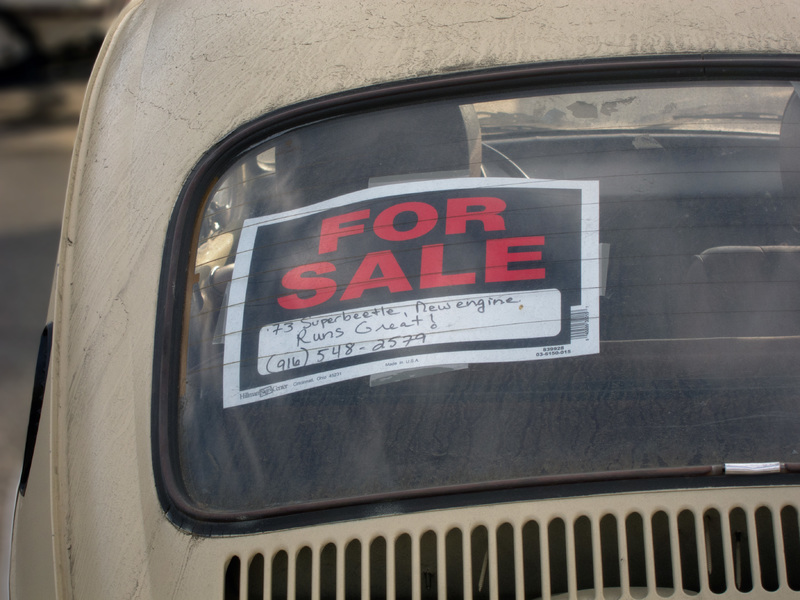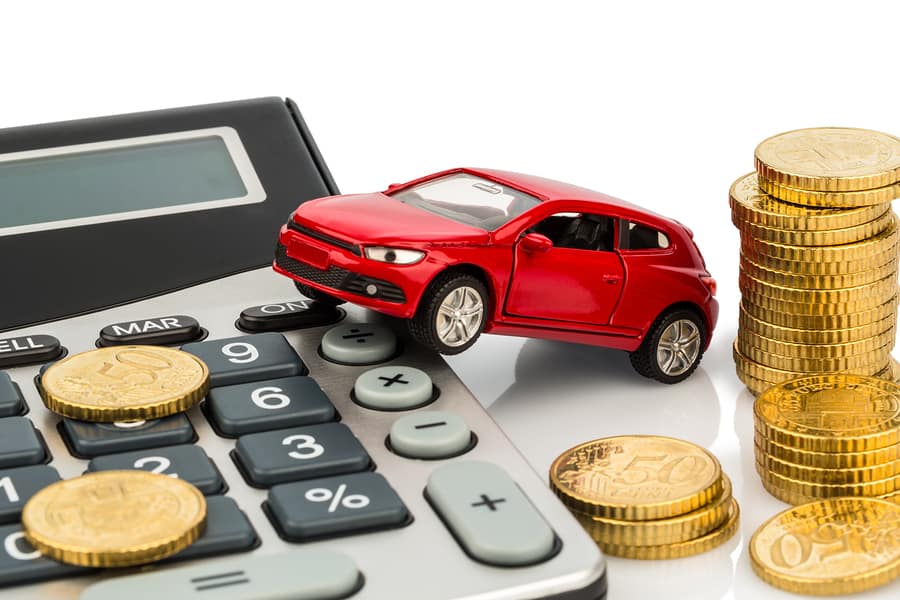New or used? Guide to buying your next car
Buying a car, new or used, is a big commitment, but with proper planning it does not have to be a daunting one.
There is a vast selection of cars available from a large variety of sellers, making it difficult to find the one that’s right for you. The first thing to do is to ask yourself how much you are prepared to spend on a car and to be realistic about what you can afford.
New or used, that is the question
Which of these is the correct choice? There is no right or wrong answer, but understanding the pros and cons of each is vital for making the best decision for you.
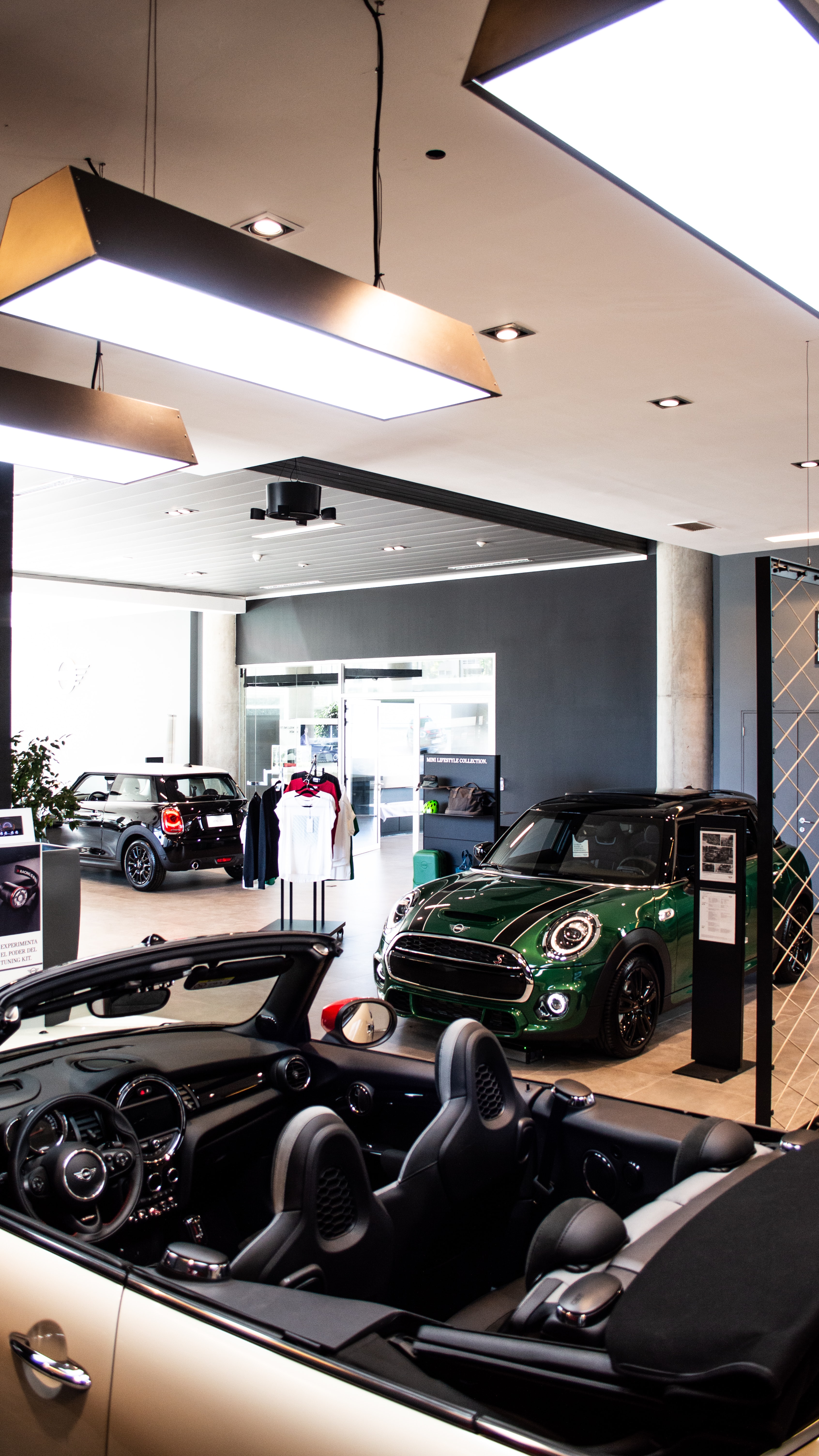
Benefits of buying a new car
The upside of buying a new car is the certainty of knowing exactly what you are buying. No one else has ever owned it, and there’s a guarantee that it has no hidden secrets from previous owners.
You also get the advantage of a full manufacturer’s warranty and in most cases, a service or maintenance plan. These plans can vary from brand to brand in terms of length of validity periods and what’s covered, so do your research and compare what’s on offer from different manufacturers.

Benefits of buying a used car
Choosing a pre-owned car or an earlier year’s model might be more prudent for your purposes. Some used cars, including dealer demo models, are often in almost new condition and still benefit from lengthy aftersales warranties and service plans, with reasonably discounted sticker prices depending on mileage and age.
Most car brands also offer approved pre-owned programmes, meaning these cars come with some added benefits such as extended aftersales plans and guarantees. They also undergo thorough checks by certified workshop technicians in order to get the stamp of approval for ‘approved’ status.

While depreciation is an unavoidable reality of owning a car, used vehicles almost always suffer less depreciation from purchase price than a new one. In other words, the original owner, who bought the car new has already incurred a significant amount of depreciation simply by taking ownership. When buying a used model, you’re starting off from a lower initial outlay and the effects of depreciation are felt less in your wallet.
There are some excellent deals to be found in older model used vehicles, but it can also be a riskier purchase as vehicles’ histories get cloudier as they age. Try to identify cars with full service histories, and even better are those with full histories at official franchise dealers. Also, try to take a trusted mechanic with you to view an older car to make sure there are no major issues before taking delivery.
It’s also worth considering buying extended warranties, either from the manufacturer itself where applicable or from a third party.

Start with a budget
The most important part of the car-buying journey is compiling a list of all current expenses and income. It is important to shop around and compare car prices to find a sensible and affordable car that fits within your budget. Don’t forget to budget for fuel, insurance, tyres, service costs and more – and remember that these costs can change over time.
It is also advisable to build some leeway into your budget to accommodate for rising fuel prices, interest rate increases and unexpected costs associated with driving.
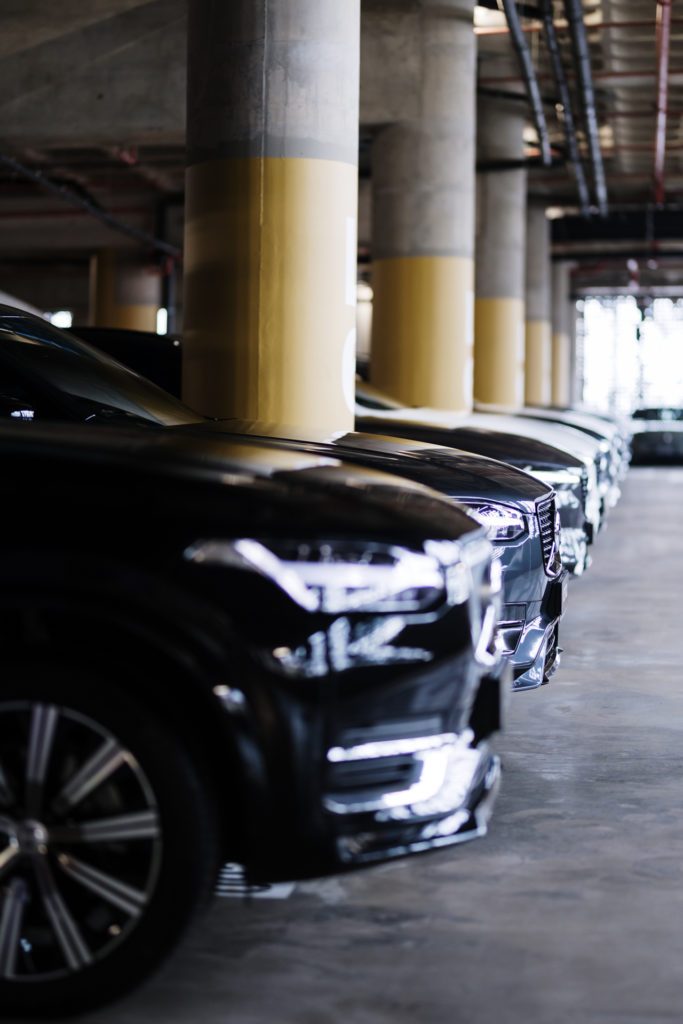
Choose a reputable dealer
If a deal seems too good to be true, it normally is. It might be tempting to buy a newer, fancier car advertised at a low price by a small independent dealer or private seller, but you must let common sense prevail. There is probably a reason why that car is priced the way it is, and you might run into issues with it down the road.
It’s safer to do business with reputable dealers who will go to great lengths to protect their reputation through quality products and customer service.
